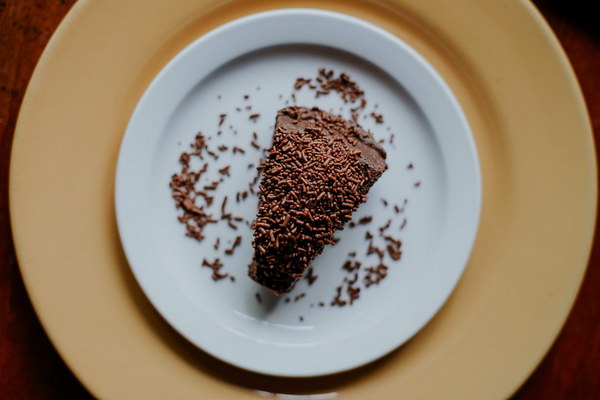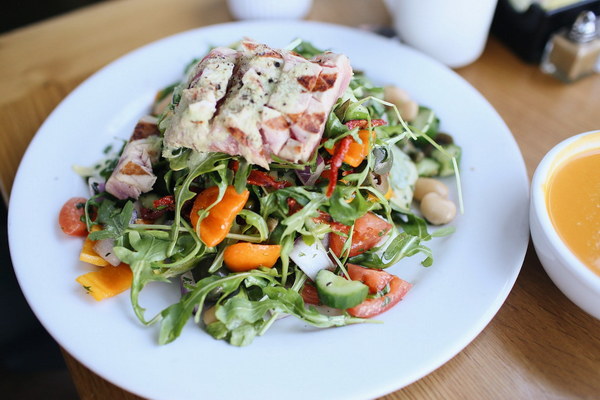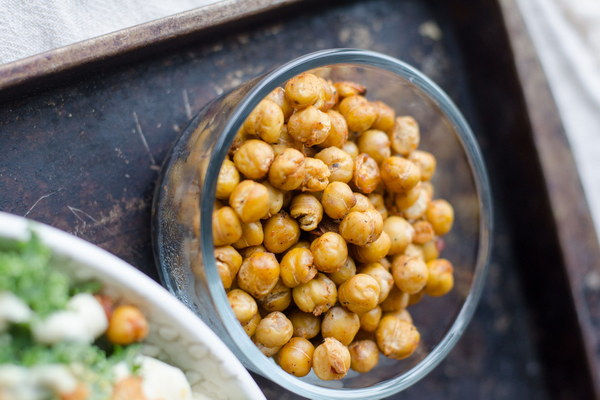Recovery Delights Nutritious Eating Plans for Brain Surgery Patients
After undergoing a craniotomy, the body and mind require extra care to recover and regain strength. Nutrition plays a vital role in speeding up the healing process and restoring energy levels. This article outlines a comprehensive plan for a nutritious diet that can help brain surgery patients on their road to recovery.
Introduction:
Craniotomy is a surgical procedure where a portion of the skull is temporarily removed to access the brain. This operation is usually performed for various reasons, such as removing a tumor, treating an aneurysm, or relieving pressure from a hemorrhage. During the recovery phase, patients need to focus on consuming foods that aid in tissue repair, boost the immune system, and provide the necessary energy for daily activities.
1. Protein-Rich Foods:
Protein is essential for tissue repair and muscle recovery. Patients should include protein-rich foods in their diet, such as:
- Lean meats, such as chicken, turkey, and lean beef
- Fish, such as salmon, trout, and tilapia
- Eggs
- Dairy products, such as milk, cheese, and yogurt
- Legumes, such as lentils, chickpeas, and black beans
- Nuts and seeds, such as almonds, walnuts, and chia seeds
2. Fruits and Vegetables:
A wide variety of fruits and vegetables should be included in the diet to provide essential vitamins, minerals, and antioxidants. Patients should focus on:
- Dark leafy greens, such as spinach, kale, and collard greens
- Citrus fruits, such as oranges, grapefruits, and lemons
- Berries, such as strawberries, blueberries, and raspberries
- Root vegetables, such as carrots, beets, and sweet potatoes
- Cruciferous vegetables, such as broccoli, cauliflower, and Brussels sprouts
3. Whole Grains:
Whole grains are an excellent source of energy and fiber, which can help maintain regular bowel movements. Patients should include the following whole grains in their diet:
- Brown rice
- Oats
- Quinoa
- Barley
- Whole-grain bread and pasta
4. Healthy Fats:
Healthy fats are essential for brain health and can aid in reducing inflammation. Patients should incorporate the following healthy fats into their diet:
- Avocado
- Olive oil
- Nuts and seeds, such as walnuts, flaxseeds, and sunflower seeds
- Fish rich in omega-3 fatty acids, such as salmon, sardines, and mackerel
5. Hydration:
Proper hydration is crucial for overall health and recovery. Patients should drink plenty of fluids, such as water, herbal teas, and clear broths. It's important to avoid caffeine and alcohol, as they can dehydrate the body.

6. Nutritional Supplements:
In some cases, patients may require additional nutrients to support their recovery. Consult with a healthcare provider to determine if any supplements are necessary. Some common supplements include:
- Vitamin D
- Calcium
- Magnesium
- Omega-3 fatty acids
- B vitamins
Conclusion:
A well-balanced, nutritious diet is crucial for brain surgery patients during their recovery process. By focusing on protein-rich foods, a variety of fruits and vegetables, whole grains, healthy fats, and staying hydrated, patients can support their healing and regain their strength. Always consult with a healthcare provider or a registered dietitian for personalized dietary recommendations tailored to individual needs.









